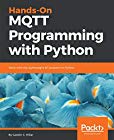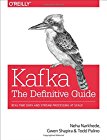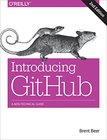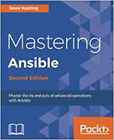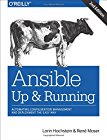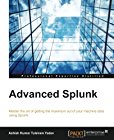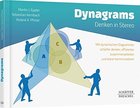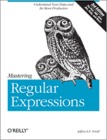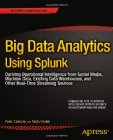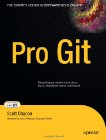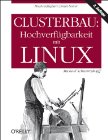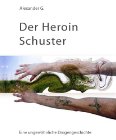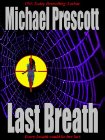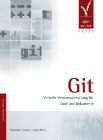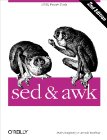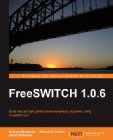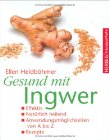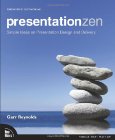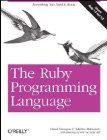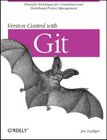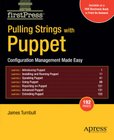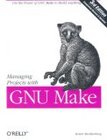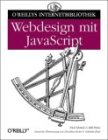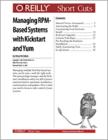
Once, when I picked up a book from the local library, the librarian asked to tell her what I thought about the book when I would bring it back. Well, why not write a few lines about all the books I read so everybody could see what I thought about it? I'm often also happy to have friends recommend a certain book or tell me this and that is not really worth reading. I won't comment about the tons of books I have read so far, but about books I read from now on.
| highly recommended | sehr empfohlen | |
| good reading | gutes lesematerial | |
| average | durchschnittlich | |
| not too interesting | nicht allzu interessant | |
| recommended not to read it | empfehlung das buch nicht zu lesen |



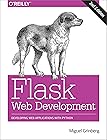



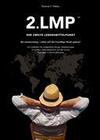











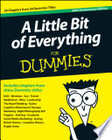






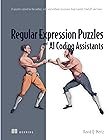






















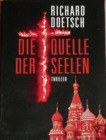








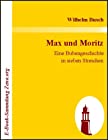















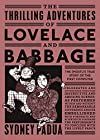



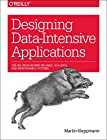



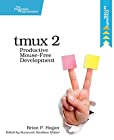
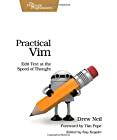


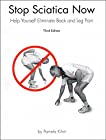





















 |
|
|---|---|
| title | Krakatoa |
| author | Simon Winchester |
| ISBN-10 | 0-141-00517-3 |
| ISBN-13 | 978-0-141-00517-1 |
| ASIN | |
| rating | |
| date | 2020-Jan-18 |
If schoolbooks were written the way Simon Winchester writes his books, history and other boring subjects would actually be fun. Winchester makes things personal. For example: it is not simply "some of the more concerned people, who seek to go to higher ground for better safety", but it is "Mrs. Beyerinck, the wife of the Dutch contrôleur in Ketimbang, who makes the strange request to her husband that the family not go home on their return from the market, but instead make right away for their rented holiday cottage in a tiny village in the hills".
Of course, the book describes what happened in the summer of 1883, when the volcano Krakatoa ferociously blew apart and completely vanished. However, it is not only the event itself, the how and what, but also why this happened and how it affected not only the environment, but also the people, why and how it changed science, what effects this disaster potentially had on politics and religion... Some of the effects were not even local, but in other parts of the world. To understand some of the effects, it is important to understand the situation before this dramatic eruption and how this situation came to be, which is presented as well. Winchester goes into botanics, plate tectonics, trade, Dutch colonization, and more; all the time making the presented information approachable and interesting to read.
















